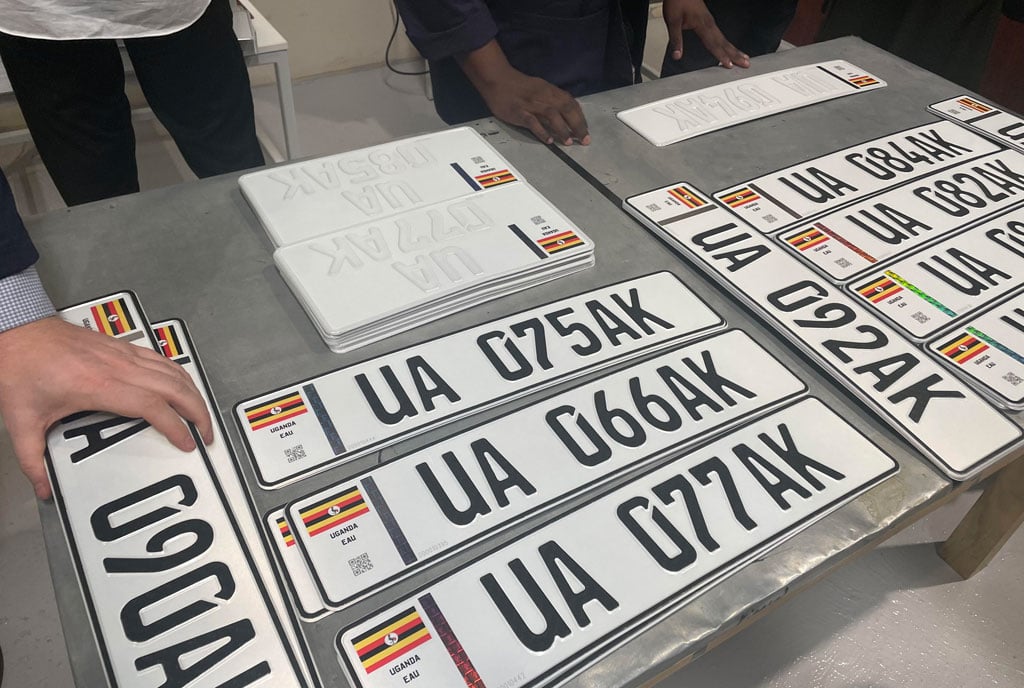Prime
Uganda to get 3 million malaria jabs

The Ministry of Health has said their request for malaria vaccines has been approved by the Global Alliance for Vaccines and Immunisation (Gavi) ahead of the planned rollout next year. Photo/shutterstock
What you need to know:
- Dr Annet Kisakye, the national professional officer, Expanded Programme on Immunisation, WHO, told this publication in an interview that the world health body approved the vaccine in question in December last year.
Uganda will receive at least three million doses of R21/Matrix-M malaria vaccine to kickstart its planned immunisation of children against malaria, a senior medic at the World Health Organisation (WHO) has revealed.
Dr Annet Kisakye, the national professional officer, Expanded Programme on Immunisation, WHO, told this publication in an interview that the world health body approved the vaccine in question in December last year.
“We are looking at three million doses to cater for all the four doses per child,” she said.
According to the Ministry of Health, the malaria vaccines will be co-financed by the Government of Uganda, with more than 90 percent of the money for procurement contributed by Gavi, The Vaccine Alliance.
During the legislators’ consultative meeting in Kampala last month, Dr Jane Irene Nabakooza, a senior medical officer in the Ministry of Health, said each dose of R21/Matrix-M malaria vaccine will cost $3.9 (approximately Shs14,427). She said the vaccine will be included in the routine immunisation schedule for children free of charge.
Dr Nabakooza said the first dose is given to a child at six months of age, the second one at seven months, and the third dose at eight months. The fourth dose will be given when the baby is one and a half years old.
She noted that for the baby to be protected against severe malaria, parents must ensure that children who are eligible for this vaccine receive all four doses.
She also tasked the populace to continue embracing other preventive interventions such as sleeping under a mosquito net and indoor residual spraying.
According to Dr Kisakye, in case babies develop fever even when they are vaccinated against malaria, they should be taken to a health facility, to test and get treated.
“Even now with malaria vaccine, the child will develop malaria, but if he is vaccinated, it will not go to that worst case scenario of being admitted,” she said.
Health minister Jane Ruth Aceng said the malaria vaccine is safe and vaccination will officially be launched in April 2025, when Uganda joins the rest of the world to commemorate International Malaria Day.
Dr Aceng said the introduction of the vaccine would check malaria incidences and reduce government expenditure on the disease.
She revealed that Uganda needs $350m (Shs1.3trillion) to undertake indoor residual spraying and $100m (Shs369.9b) to procure and distribute mosquito nets.
She urged legislators to push for increased budgetary allocations to the health sector to enable the implementation of its mandate.
Dr George Didi Bhoka, the MP for Obongi Constituency who represented the chairperson of the Parliamentary Committee on Health, Dr Joseph Buyoya, pledged MPs support in advocating for an increased budget for the most critical sectors, including health.
On the issue of shifting the introduction of malaria vaccination from October this year to next year, Dr Kisakye said the programme was adjusted for better planning.
“When the Ministry of Health announced that it would introduce the malaria vaccine, at that time, there was one pre-qualified product, RTS, S(Mosquirix). The second vaccine, R21/Matrix-M was pre-qualified in December last year. The manufacturers had to undertake several processes to start producing adequate doses. So, the earliest, the doses can be available is around the second quarter. This is basically where we are now,” she said.
Dr Kisakye added: “When we got this new announcement of R21/Matrix-M vaccine being pre-qualified, we had to go back to the drawing board to plan. So, we had to change the entire plan. As long as we don’t do adequate preparations, we are bound to fail. So, it’s better to delay but have adequate preparations.”
background
In 2021, the World Health Organisation approved the first malaria vaccine RTS, S (Mosquirix) and in December 2023 pre-qualified the second brand, R21/Matrix-M, prompting Uganda to settle for the latter, on grounds that it is cheaper, more available and effective.
Dr Christine Musanhu, the World Health Organisation Uganda officer in charge, said malaria remains a burden in many African countries and that the discovery of a malaria vaccine is a greater achievement for the continent
According to the Ministry of Health, malaria remains the number one killer disease in Uganda.




